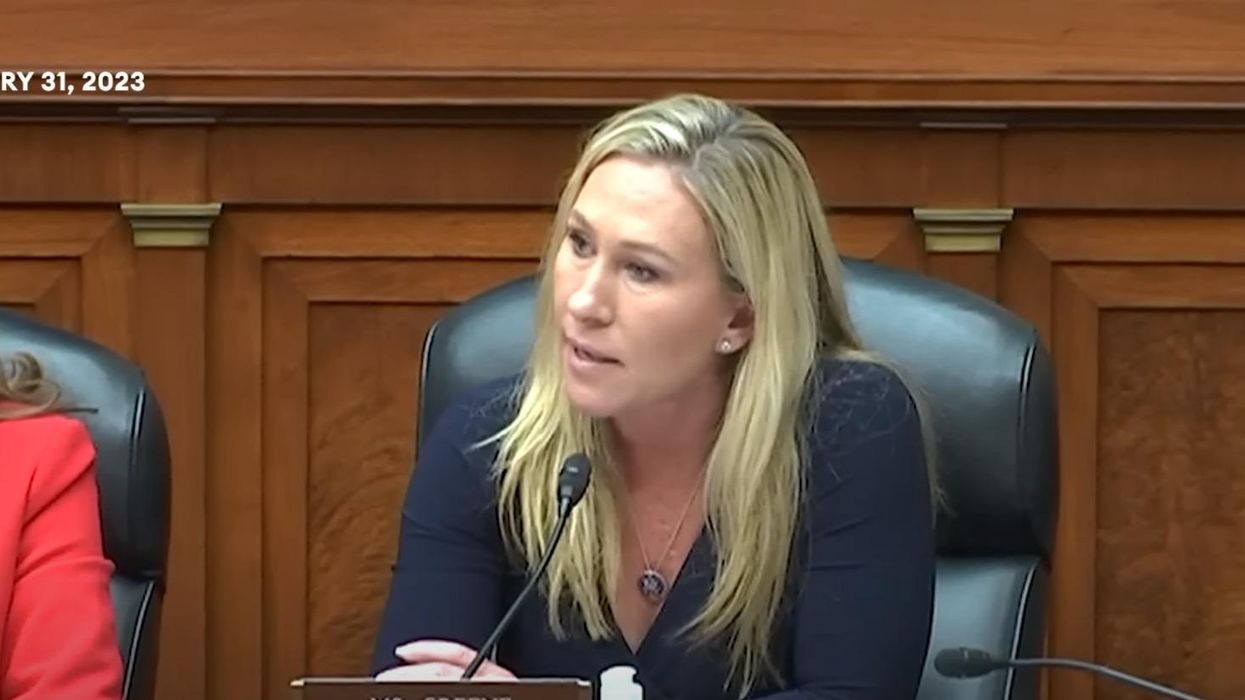After Trump Attacks, North Carolina's Sen. Tillis Says He'll Quit
Sen. Thom Tillis (R-NC), who had been poised for a highly competitive 2026 Senate race, announced Sunday that he will not run again.
His decision came shortly after he cast a “no” vote on a procedural motion tied to President Donald Trump’s “Big, Beautiful Bill” Saturday. Following Tillis' vote, Trump launched a series of attacks against him via social media, threatening to back primary challenge against the North Carolina senator for opposing his domestic bill.
In a statement released Sunday afternoon, Tillis said, “In Washington over the last few years, it’s become increasingly evident that leaders who are willing to embrace bipartisanship, compromise, and demonstrate independent thinking are becoming an endangered species.”
He continued: "As many of my colleagues have noticed over the last year, and at times even joked about, I haven’t exactly been excited about running for another term. That is true since the choice is between spending another six years navigating the political theatre and partisan gridlock in Washington or spending that time with the love of my life Susan, our two children, three beautiful grandchildren, and the rest of our extended family back home. It’s not a hard choice, and I will not be seeking re‑election.”
Tillis' announcement led to strong reactions on social media.
Political commentator Sarah Longwell wrote on the social platform X: "Would be cool if instead of unconditional surrender these guys would use their power to beat back the forces that have so degraded the institutions they took an oath to protect."
Analyst Michael Baharaeen, reacting to the news, said: "Whoa. Well, there's one crucial building block in the Dems' uphill battle to winning back the Senate. This and ME are likely to be among the party's best pick-up opportunities of the cycle."
Journalist Vince Coglianese wrote: "Right after Trump announces that he’s searching for a Thom Tillis replacement, Tillis throws in the towel. He’s retiring."
Democratic strategist David Bergstein wrote: "The work that is being done by so many to shine a spotlight on how bad this bill is has created an unescapable political vice for the most vulnerable GOP Senator."
Reprinted with permission from Alternet.












